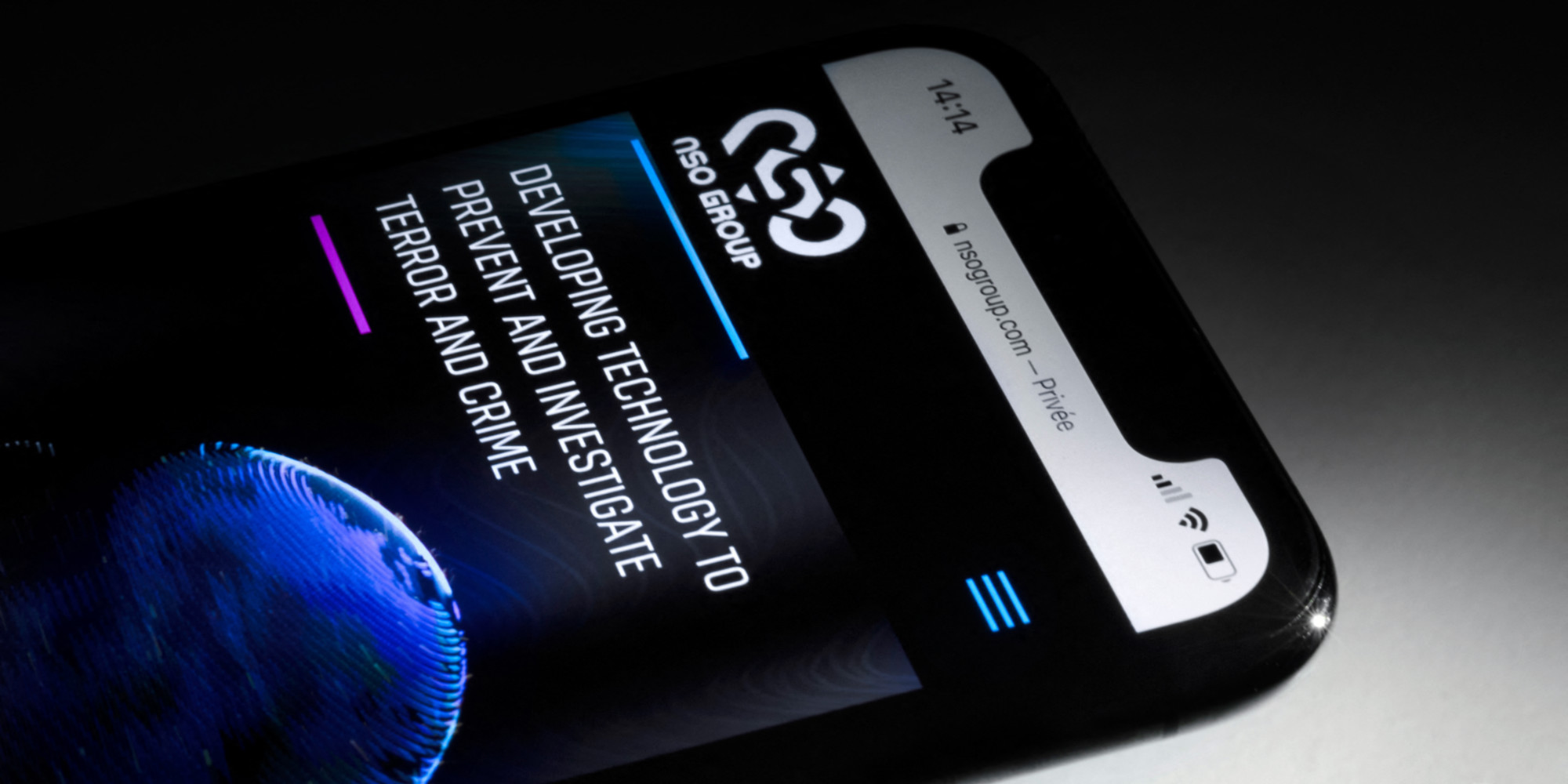Israel's parliament on Thursday announced the creation of a commission of inquiry that will be tasked with investigating charges against Israeli cybersecurity firm NSO and its spyware Pegasus.
This one is accused of having been used "badly" by certain States to spy on personalities
In Israel, the state has been under fire for several days after the revelations of a consortium of 17 media outlets on spy software Pegasus accused of having been "misused" by certain states to spy on personalities .
And since the start of the week, the Israeli government has been keeping a low profile.
The silence was embarrassed.
And for good reason: in Israel, it is the Ministry of Defense which authorizes export licenses for this cyber espionage software abroad.
>> Find Your big evening newspaper in replay and podcast here
"We will assess whether we need to make any corrections"
Finally, in the face of the pressure, the Israeli parliament announced on Thursday the creation of a commission of inquiry which will be charged with verifying the charges against the Israeli cybersecurity firm NSO which is behind Pegasus. "At the end of the investigation (...) we will assess whether we need to make corrections," Ram Ben-Barak, a centrist deputy and former deputy director of the Mossad, foreign intelligence services told military radio. Israelis.
For NSO CEO Shalev Hulio, the parliamentary inquiry is good news.
The company executive reacted to the news at the microphone of Israeli military radio, denouncing a plot.
"It is the best thing to do," he said of the approach taken by the government.
"I think there was a campaign, organized and perfectly orchestrated. When you suddenly have 180 journalists from all over the world coming together, of course there are people behind it all," he said. -he assures.
Pegasus sold to over 40 countries
In any case, the scandal could lead the Israeli government to review its export policy in the area of cybersecurity. Last year, investments in Israeli start-ups in the sector amounted to almost two and a half billion euros. And the Hebrew state wants to do everything not to lose this juicy market.
The organizations Forbidden Stories and Amnesty International obtained a list of 50,000 phone numbers, selected by NSO clients since 2016 for potential monitoring, and shared it with media outlets that revealed its existence on Sunday. Pegasus would have made it possible to spy on the numbers of at least 180 journalists, 85 human rights activists or even 14 heads of state including French President Emmanuel Macron - which NSO denies. The group claims to have sold Pegasus to more than 40 countries, each time with the agreement of the Israeli authorities.

